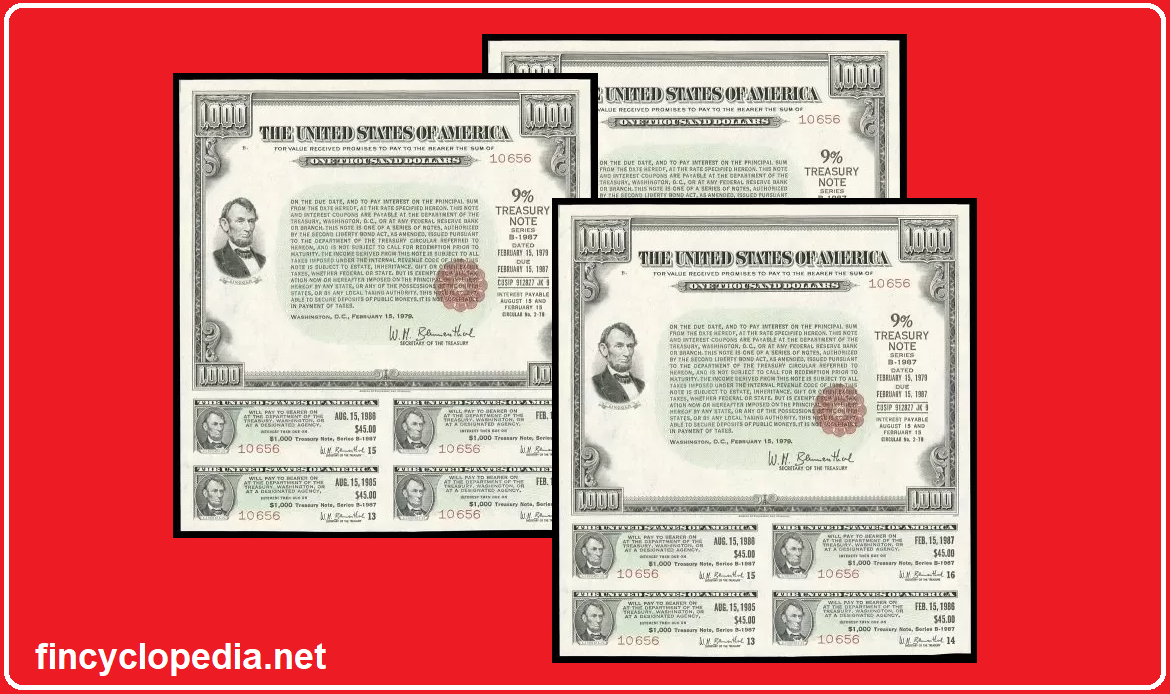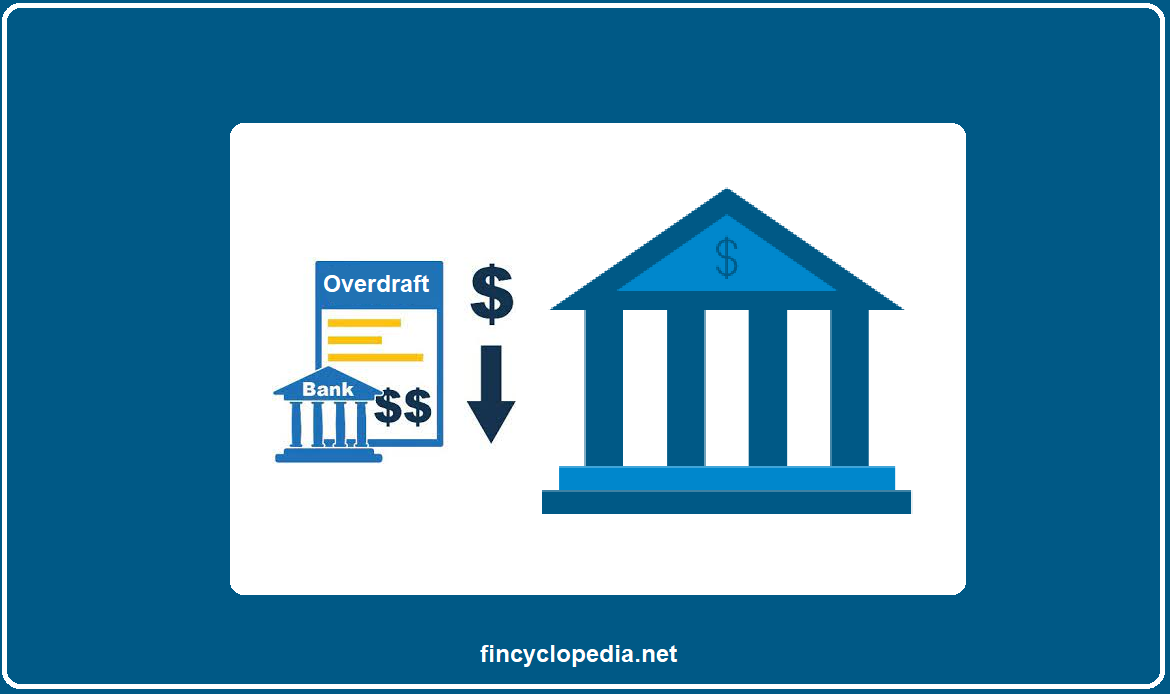An interest rate that a bank or lending institution charges on overdrafts. Overdrafts are funds drawn beyond the limit in a customer’s account with a bank. It is a kind of a standby facility to obtain daily business expenses, working capital requirements, and meeting other temporary financial and cash flow needs.
Using the overdraft rate, an overdraft fee is charged on an accountholder withdrawing more money from his/ her account than the actual amount available. Interest is charged only on the funds drawn and for the period of withdrawal. The overdraft interest rate is a variable rate.
The overdraft is repayable on demand but can be maintained without time limits subject to annual review and approval. If an account is overdrawn, interest is charged on the full overdrawn balance, regardless of whether the amount is within an agreed overdraft limit or beyond (in the case of an unauthorized overdraft).
An overdraft fee payment is usually triggered when a transaction, withdrawal or transfer drive an account balance to become negative (overdrafted). An overdraft fee could also be charged if an account is already negative when a transaction is debited.





